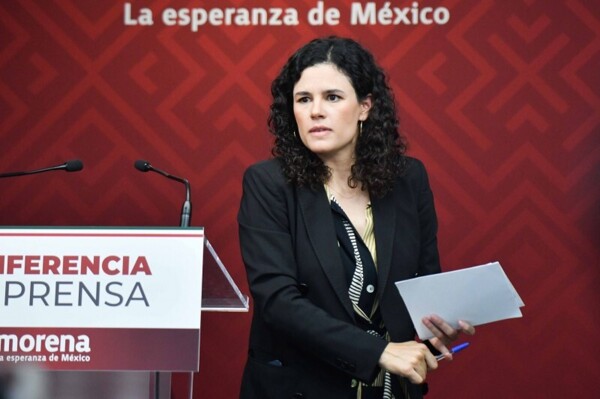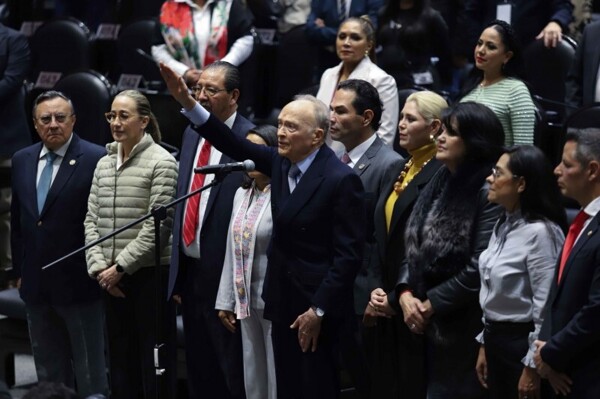
The proposed reform to the Federal Telecommunications and Broadcasting Law (LFTyR), currently being discussed in the Congress of the Union, has raised legal concerns due to possible constitutional violations and international commitments, such as the USMCA.
One critical aspect of this proposal is the strengthening of the Digital Transformation and Telecommunications Agency (ATDT), which would have broad regulatory and operational powers in the realm of telecommunications and digital services. Experts warn that this agency could generate inter-institutional conflicts and regulatory duplication, potentially jeopardizing legal security.
Gerardo Flores of the Institute of Telecommunications Law (IDET) pointed out that the creation of an agency with poorly defined or duplicated functions would contradict the Organic Simplification Law, which could trigger constitutional and administrative controversies.
Salomón Padilla Duarte, vice president of the Independent Telecommunications Association of Mexico (ATIM), highlighted that the concentration of functions in the ATDT could result in the creation of a "Super Agency" with almost absolute power, which would affect user and investor confidence in the sector.
Experts agree that if the initiative is approved in its current terms, it is likely that telecommunications companies will file legal actions to challenge this new regulation, as it is believed there could be violations of fundamental rights.
One of the main concerns is that the ATDT would have the authority to block digital platforms such as Amazon, Mercado Libre, Netflix, Spotify, Facebook, X (formerly Twitter) without the need for a court order and without a time limit, which would violate agreements with the USMCA, specifically in chapter 19 on digital commerce and fair treatment of technology providers.
In this context, transparency, competition, and non-discrimination in access to digital services, promoted by the USMCA, would be compromised if the reform proposal does not include clear safeguards to protect digital market players in Mexico.














